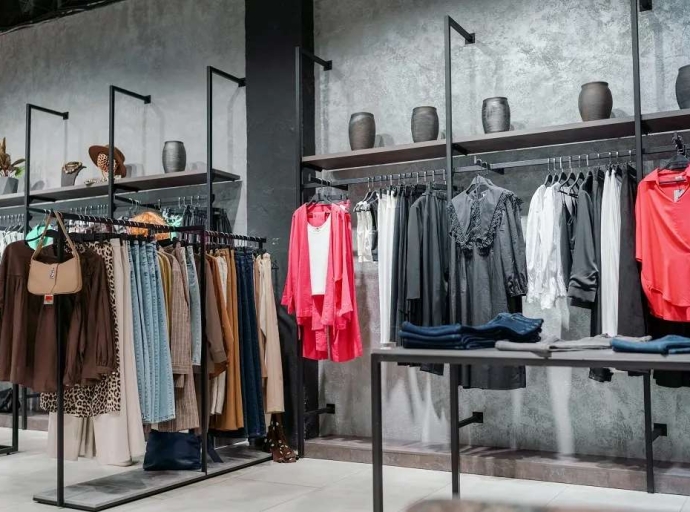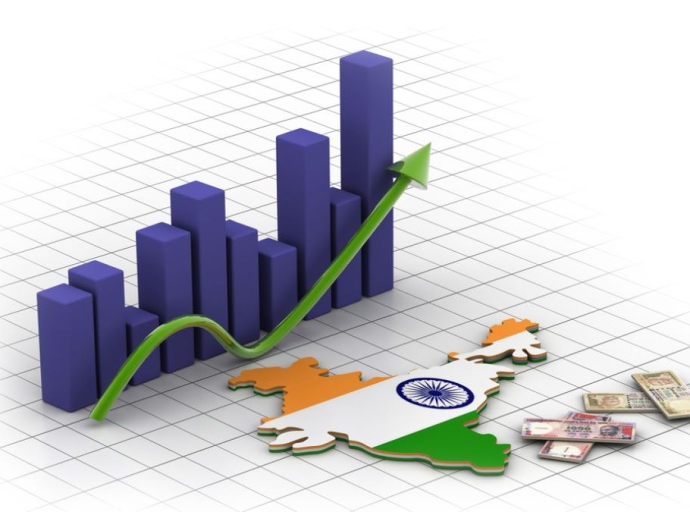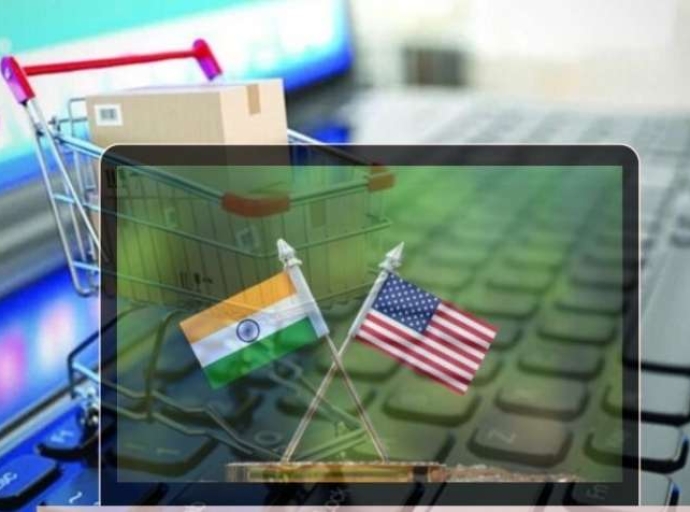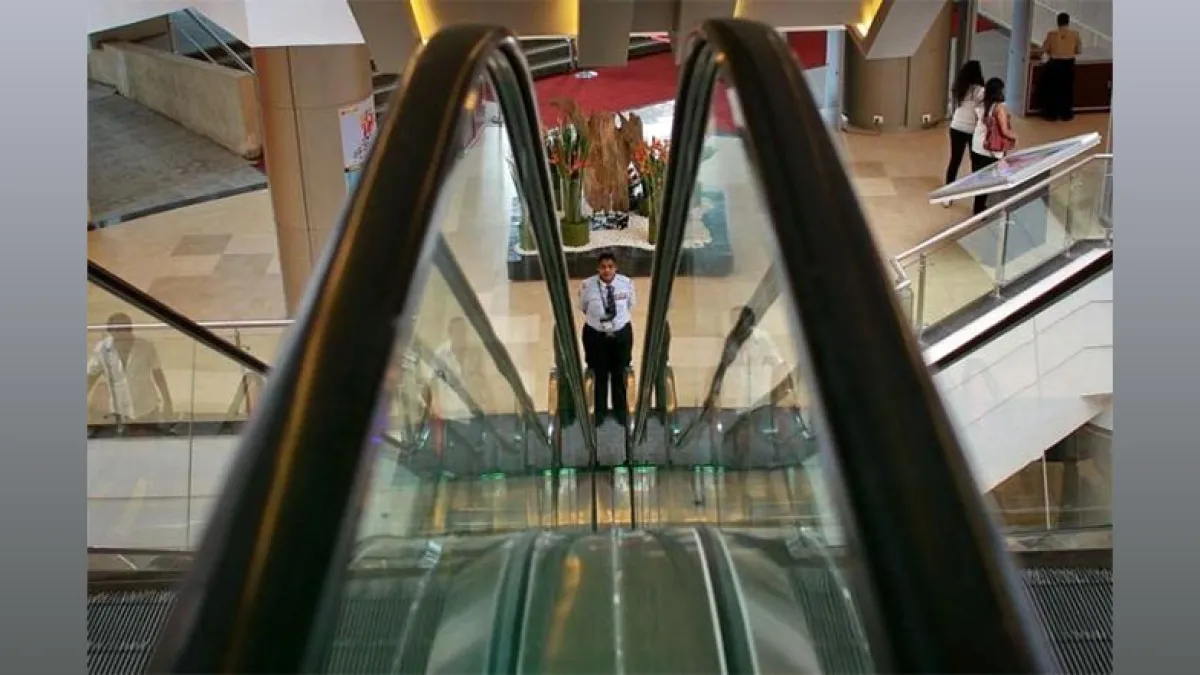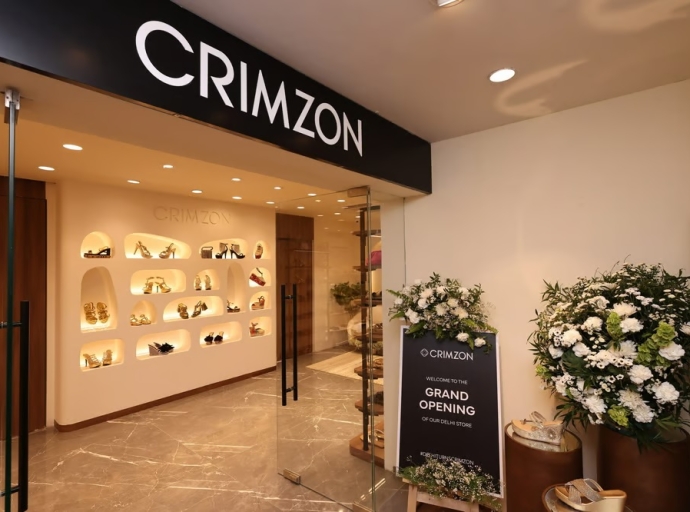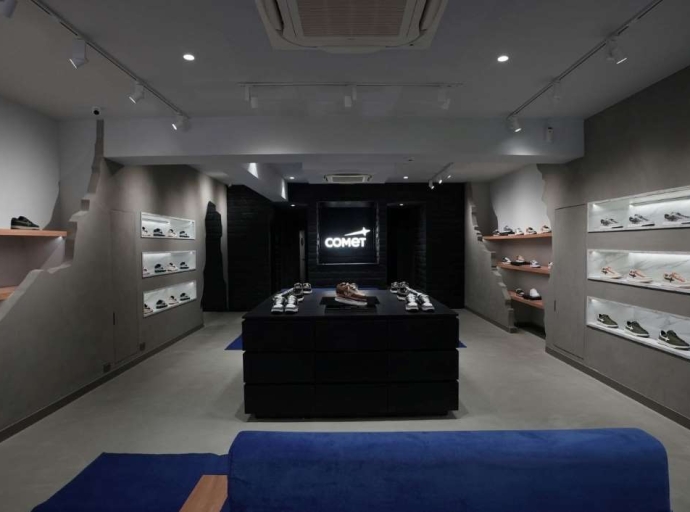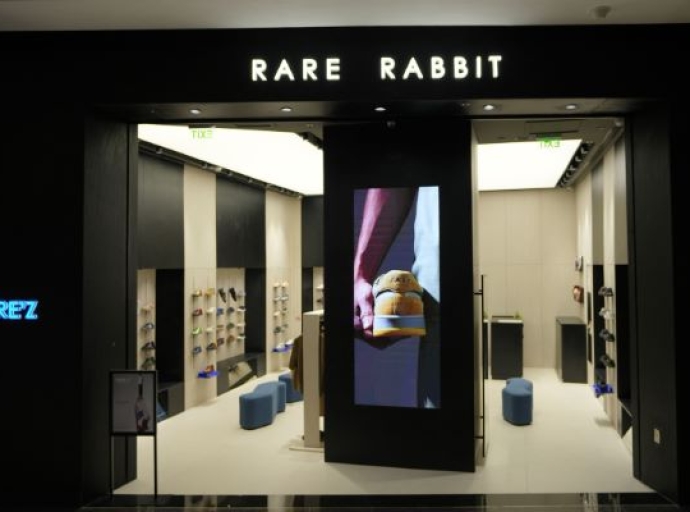In a world increasingly dominated by mass-produced fast fashion, a quiet revolution is unfolding in India's apparel sector.
The 'Made-to-Measure' (MTM) market, encompassing customized tailoring and on-demand apparel, is experiencing significant growth, with rising demand for personalized style, perfect fit, and unique designs. Once considered a niche domain catering to a select few, this segment is now attracting a wider consumer base, presenting both lucrative opportunities and unique challenges.
Fashion Guru
A market on the rise
The Indian MTM market is a growing segment within the larger apparel market. While specific data solely for the MTM sector in India is still evolving, the broader Indian apparel market was valued at $115.70 billion in 2024 and is projected to reach $171.60 billion by 2034, at a CAGR of 4 per cent during the forecast period of 2025-2034. As per Market Research Future.
Another report by IMARC Group indicates the Indian textile and apparel market was valued at $222.08 billion in 2024 and is expected to reach $646.96 billion by 2033, growing at a CAGR of 11.98 per cent from 2025-2033. Within this growing apparel market, the MTM segment is witnessing higher growth due to the increasing demand for personalization.
One report by Credence Research projects the India custom apparel market will grow from $48.83 million in 2024 to $107.46 million by 2032, with a CAGR of 10.36 per cent.
Globally, the custom clothing (made-to-measure) market is significantly larger and also experiencing robust growth.
Table: Global Made-to-Measure Market market
|
Metric
|
Value (2024)
|
Projected Value (2033)
|
CAGR (2024-2033)
|
Source
|
|
Global Market Size
|
$50.99 bn
|
$100.29 bn
|
7.80%
|
Business Research Insights
|
|
Global Market Size
|
$51.89 bn
|
$131.6 bn
|
10.90%
|
Verified Market Research
|
|
Global Market Size
|
$57.55 bn
|
$145.94 bn
|
10.90%
|
Business Research Insights
|
These figures highlight the significant global interest in customized apparel, which provides a strong benchmark and learning opportunity for the burgeoning Indian market. This growth, both globally and in India, is propelled by several factors.
- Increasing disposable income: As the Indian middle class expands and their purchasing power grows, consumers are willing to spend more on personalized and high-quality clothing.
- Growing awareness of fit and comfort: Consumers are becoming increasingly conscious of the importance of well-fitting garments for both comfort and style.
- Desire for personalization and individuality: In an era of self-expression, people are seeking unique clothing that reflects their personal taste and preferences, moving away from generic, mass-produced items.
- Technological advancements: The integration of technology, such as 3D body scanning, virtual try-ons, and online customization platforms, is making MTM services more accessible and convenient.
- Revival of traditional tailoring: There's a renewed appreciation for the craftsmanship and heritage associated with bespoke tailoring, especially for ethnic wear and formal attire.
Players and emerging startups
The Indian MTM category comprises a mix of established tailoring houses, designer boutiques offering customization, and a growing number of tech-driven startups.
Numerous traditional tailoring businesses across India continue to thrive, often specializing in specific types of clothing like men's suits, bridal wear, or regional ethnic garments. These players often boast years of experience and a loyal customer base built on trust and craftsmanship. Examples can be found in local markets and upscale shopping districts across major cities.
Also, many renowned Indian designers offer bespoke services, allowing clients to customize their creations or order made-to-measure pieces from their collections. These often cater to a premium segment seeking exclusive designs and high-end fabrics. The recent growth in the MTM market is driven by tech-savvy startups that are leveraging technology to streamline the customization process and reach a wider audience. These startups offer:
- Online platforms for customization: Allowing customers to design their own clothes online, choose fabrics, and provide measurements remotely.
- 3D body scanning technology: Providing accurate body measurements through mobile apps or in-store scanners.
- Virtual try-on features: Enabling customers to visualize how the customized garment will look on them before placing an order.
- Efficient supply chain management: Optimizing production and delivery timelines for customized orders.
Big companies like Aditya Birla Group, Reliance Industries, and Arvind Limited hold substantial market share. In the online apparel segment, players like Myntra are also venturing into personalized offerings. Keep an eye on emerging startups that are specifically focused on MTM with technological integration.
Join our community
Indian excellence in Hong Kong's bespoke tailoring scene
Hong Kong has long been renowned for its high-quality, custom-made clothing, and individuals of Indian heritage have played a pivotal role in shaping this industry. Their reputation for meticulous craftsmanship, attention to detail, and excellent customer service has earned them a distinguished place in the global bespoke tailoring market.
Sam's Tailor established in 1957 by Indian-origin late Sam Melwani, has become an iconic institution in Hong Kong. Starting by producing uniforms for British soldiers stationed in Hong Kong, it quickly gained a reputation for quality and speed.
Over the decades, Sam's Tailor has cultivated an impressive clientele, including royalty (Queen Elizabeth II, Prince Philip, King Charles), numerous U.S. Presidents (Ronald Reagan, George H.W. Bush, Bill Clinton), and a host of international celebrities. This success story highlights how an Indian entrepreneur, starting with a focus on quality and service, could build a globally recognized brand in the MTM sector. The business is now run by his sons and grandson, continuing his legacy.
Beyond individual establishments, the Indian tailoring community in Hong Kong is collectively known for its skilled craftsmanship and business acumen. Their expertise in fabrics, cutting, and tailoring techniques has contributed significantly to Hong Kong's reputation as a premier destination for bespoke clothing.
Many tailors of Indian origin have successfully catered to both local and international clients, building lasting relationships based on trust and quality. While specific names of all prominent individuals might be difficult to enumerate without extensive local knowledge, the general recognition of their contribution is widely acknowledged within Hong Kong's tailoring circles.
These examples demonstrate the potential for Indian craftsmanship and entrepreneurial spirit to excel in the MTM sector on a global scale. The dedication to quality, understanding of fabrics, and focus on customer satisfaction seen in these international success stories can serve as valuable lessons for the growing MTM market within India.
Visit for more

